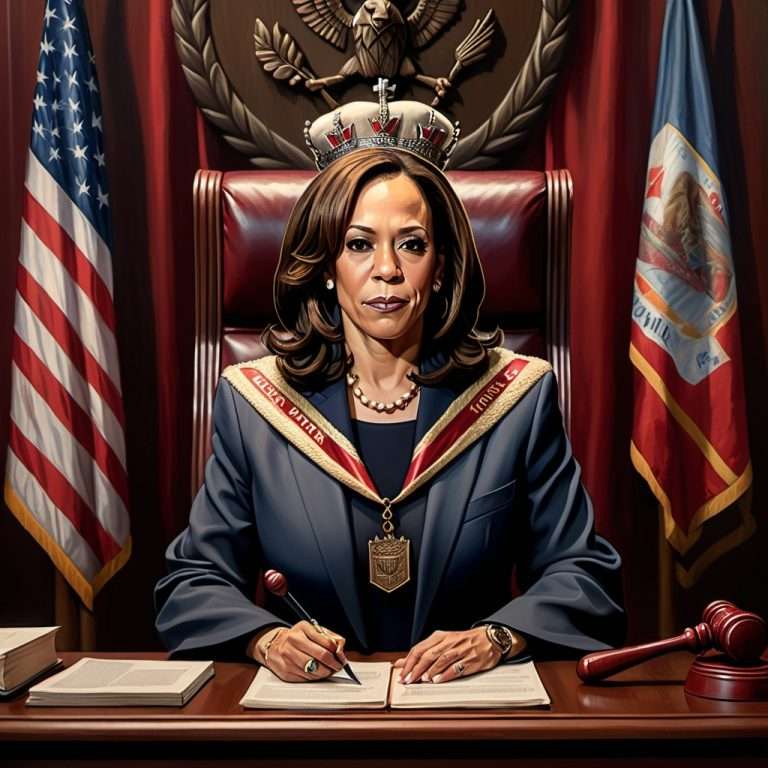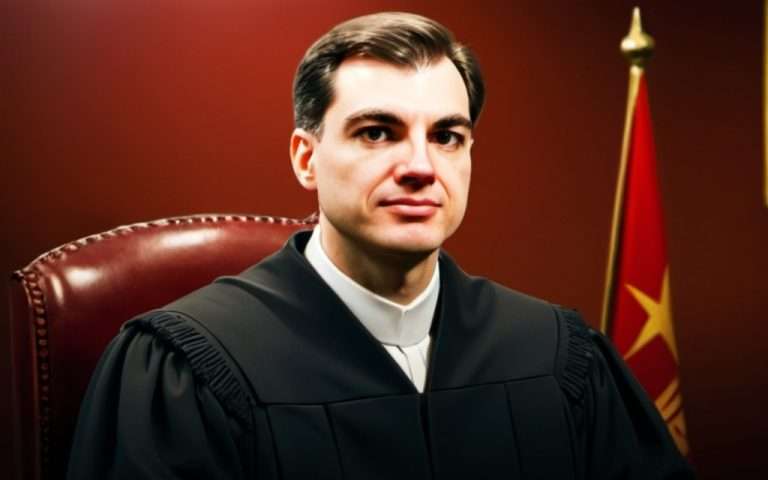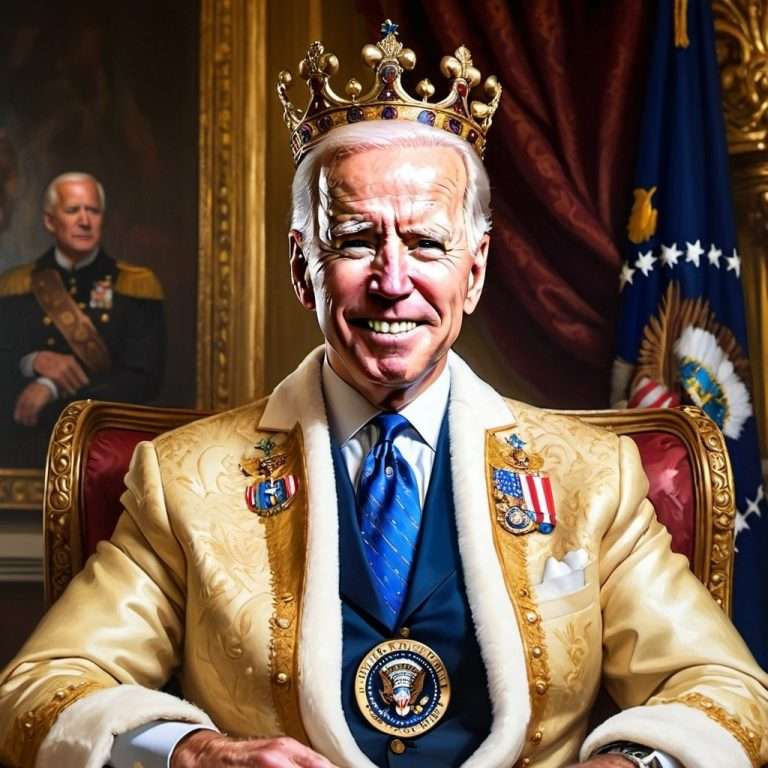As the clock ticks down on his presidency, Joe Biden has taken one final opportunity to bask in the glory of his supposed accomplishments. Among those, the 44th President of the United States is touting his role in the wholesale destruction of America’s cultural pillar – the sanctity of marriage and traditional morality.
With a sweeping stroke of the pen, Biden’s administration ushered in the Respect for Marriage Act, a law that redefines the fundamental institution of marriage to suit the progressive agenda. Gone are the centuries-old definitions that recognized marriage as the union of one man and one woman, with the resulting family structure based on opposite biological sexes. Out is the notion that a spouse was inherently an individual of the opposite gender.
In its place, the newly minted federal policy now acknowledges and legitimates any romantic partnership, regardless of the sexes involved, as long as the union is valid under the laws of the state in which it occurs. This represents a seismic shift in American values and society, with far-reaching consequences yet to be fully understood.
Beyond expanding the legal parameters of marriage, the Respect for Marriage Act also revamps the framework for interstate recognition of legally-binding unions. It eliminates the principle that states are not obligated to acknowledge or grant the full rights and benefits of a marriage performed in another state if the marriage contradicts that state’s own laws or values. Now, all valid marriages, regardless of the state where contracted, must be treated with equal respect and enforcement.
While proponents hail these changes as a victory for equality and the eradication of discrimination, critics argue that the legislation disregards the religious liberties and consciences of those who, for deeply held beliefs, cannot in good faith participate in or condone same-sex marriages. It remains to be seen how these competing interests will be reconciled in the courts and public square.
Moreover, the Respect for Marriage Act does not address or resolve the next logical question in the progressive march toward redefining relationships: the potential for recognizing and legally protecting unions of more than two people. With the door now opened wide on the traditional definition of marriage, it is not unreasonable to assume that the next push will be for multi-partner arrangements to be considered morally and legally equivalent.
As President Biden’s term draws to a close, he has made a conscious effort to highlight this controversial legislation as one of his proudest achievements. In doing so, he seeks to cement his legacy as a champion of social change at the expense of tradition, religious freedom, and the foundational building blocks of American society.
While some may hail this as progress, others will lament the loss of an institution that, for all its flaws, provided stability, security, and a clear moral compass. Only time will tell how this generation’s choices about marriage and morality will shape the destiny of the generations that follow. For now, the Respect for Marriage Act serves as a symbol of the tumultuous cultural shift of the 21st century and the enduring power of the elective office to reshape the very fabric of a nation.
















